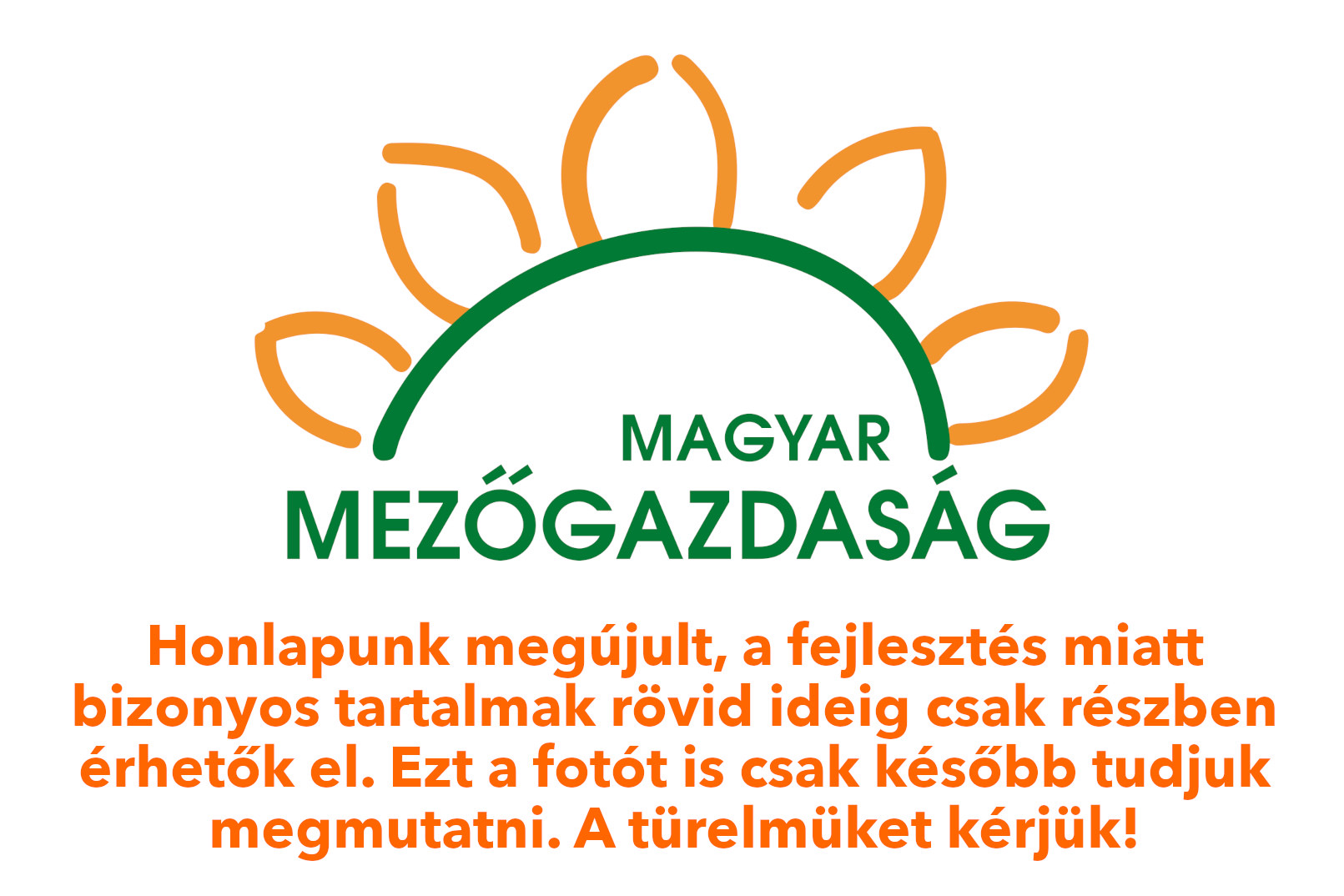Pelargonium for Europe (PfE) and Stars for Europe (SfE) are marketing initiatives supported by leading European plant breeders. The aim of the programs is to ensure the long-term sale of geraniums (PfE) and poinsettia (SfE) in Europe and to support the broad horticultural sector. As part of the initiative, active promotional campaigns are currently being conducted in 22 European countries.
On March 1, 2023, a new EU program called “Stars Unite Europe in Bloom” was launched in Hungary until February 2026.
For the first time, the three-year campaign funded by the European Union covers a total of six Central and Eastern European countries: Bulgaria, Croatia, Czech Republic, Hungary, Romania and Slovakia are participating in the programme.
The funds of the European Union make it possible to significantly expand the previous educational activities of the listed countries with the help of comprehensive campaigns, and contribute to the appropriate increase in objectives and scope.
Importance of poinsettia and geraniums in European ornamental plant cultivation
Poinsettia and geranium are the leaders in European ornamental plant cultivation. About 100 million poinsettias and nearly 400 million licensed geraniums are grown in Europe each year. These plants complement each other perfectly seasonally, since one season begins soon after the others end, many gardeners plant geraniums and poinsettias. It is common for both crops to be grown and sold regionally or locally, so ensuring they are sold can support the stability of the sector – all with lower transportation emissions compared to other products.
SfE and PfE members are at the forefront of ornamental plant breeding and are constantly developing new, high-quality varieties of geraniums and poinsettia.
Over the years, they have greatly increased the lifespan and resistance of the varieties available in Europe, and they are constantly expanding the selection to include more colors and shapes on offer.
Both geraniums and poinsettias represent the high quality and versatility of modern plant breeding and cultivation. They offer a wide variety with a wide range of different decorative styles and uses; They embody tradition, with both playing a special cultural role throughout Europe; They point to the modern production methods used, in which sustainability also plays an increasingly important role. All this is reflected in the EU programme, together with the goal of increasing domestic production and promoting knowledge exchange on innovative techniques and technologies for ornamental plant cultivation.












































